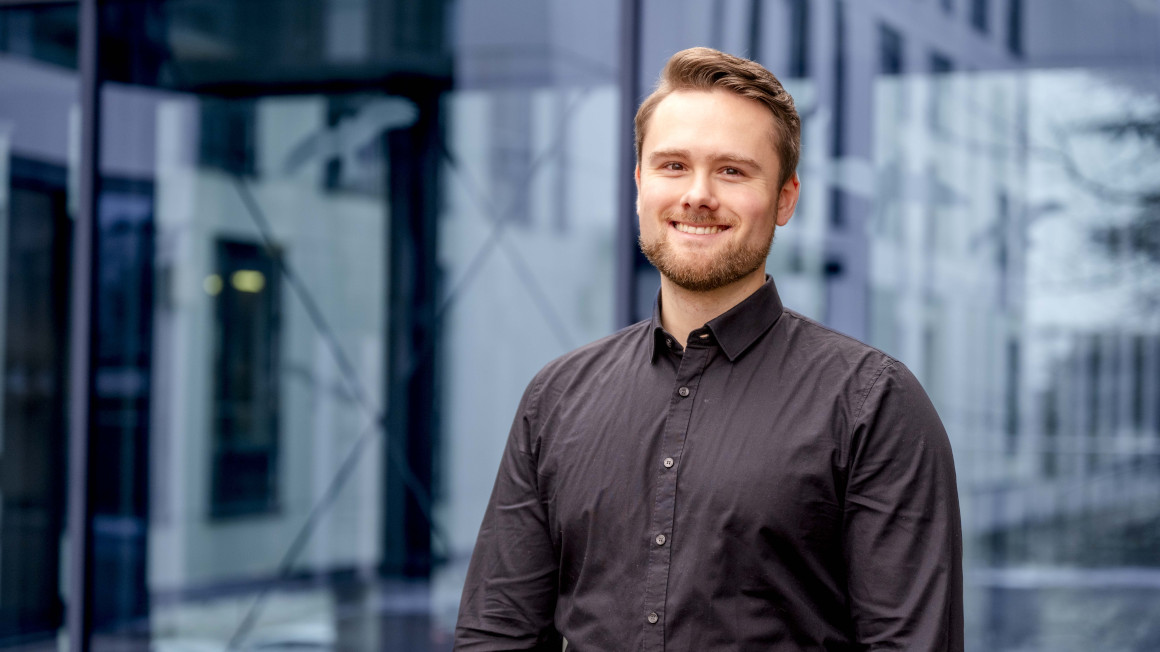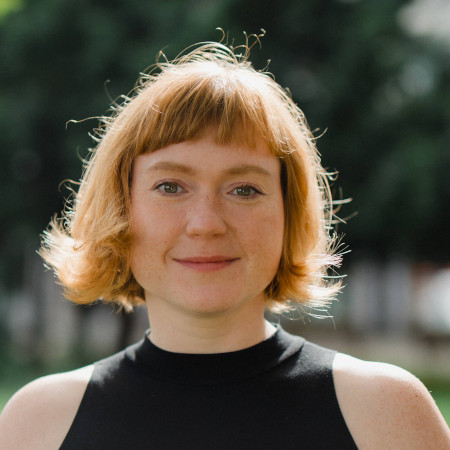Prize for bacterial plastic factory
Daniel Eggerichs has developed a process at Ruhr University Bochum in which genetically modified bacteria convert waste from the paper industry into plastic precursors. He was honoured by the German Chemical Society for this method.

Plastics are an integral part of everyday life – from packaging to technical components. Until now, however, they could only be produced using petroleum, which is not only a finite resource but also causes considerable environmental pollution during extraction and processing. As part of his doctoral thesis at Ruhr University Bochum, which was funded by the German Federal Environmental Foundation, Daniel Eggerichs therefore developed a process that enables genetically modified bacteria to produce plastic precursors from waste from the paper industry. For this, he received the Award for Bioconversion of Renewable Raw Materials from the German Chemical Society on 29 September 2025.
Waste becomes raw material
Cellulose from wood is used in paper production, but a large part of the wood remains, such as lignin, a biopolymer that gives trees their strength. ‘Until now, it has been considered a waste product. It accumulates as a thick sludge and is usually simply incinerated,’ explains Daniel Eggerichs. Yet lignin is the only natural source of aromatic compounds, which are indispensable for the production of many plastics.
Soil bacteria as a cell factory
In his dissertation in biochemistry, Eggerichs developed a biological cell factory that makes precisely this lignin usable: with the help of the soil bacterium Rhodococcus, which naturally breaks down plant fibres, he converted the wood polymer into precursors for plastics that are needed to manufacture PET or polystyrene. To do this, he analysed the enzymes involved and specifically replaced them with more suitable variants. In the end, he succeeded in reprogramming the metabolism of the bacteria so that they directly excrete the desired end product.
‘Daniel has succeeded in establishing new biotechnological approaches for utilising lignin building blocks. This now makes it possible to convert natural molecules extracted from wood into versatile synthetic building blocks, thereby contributing to the sustainability of our society,’ explained laudator Dirk Tischler.
lh


